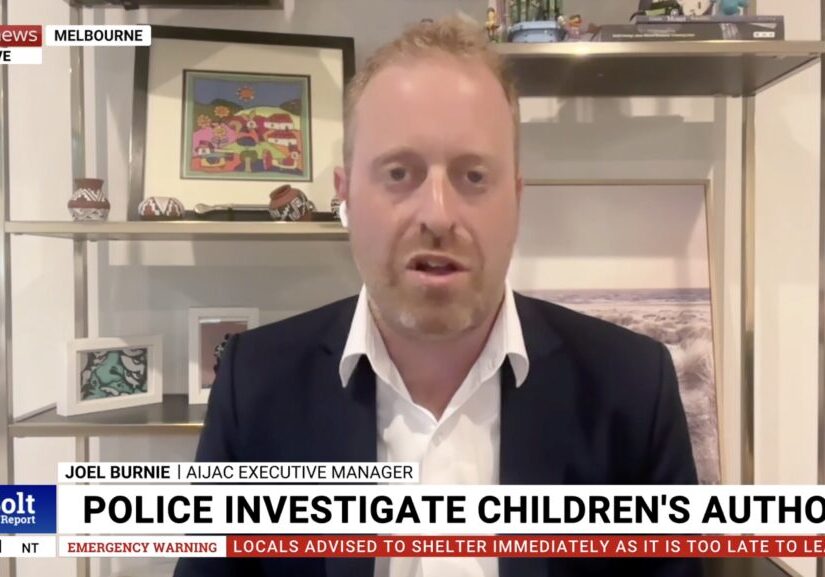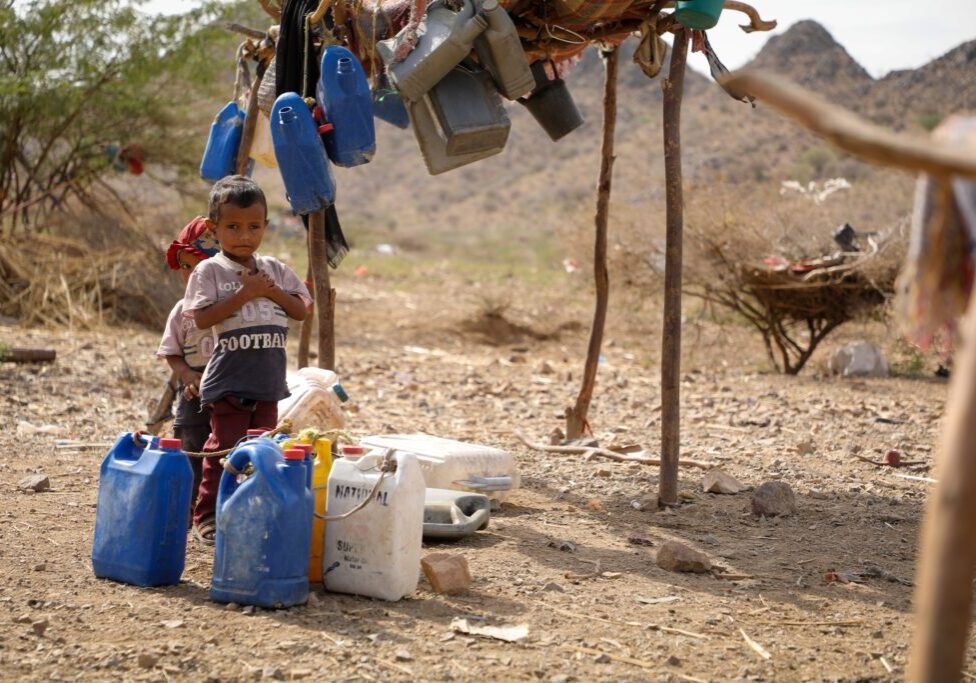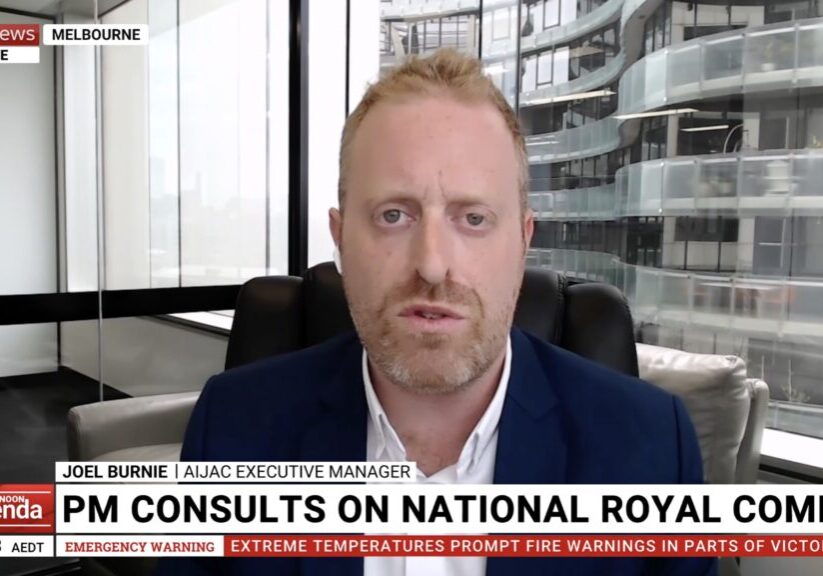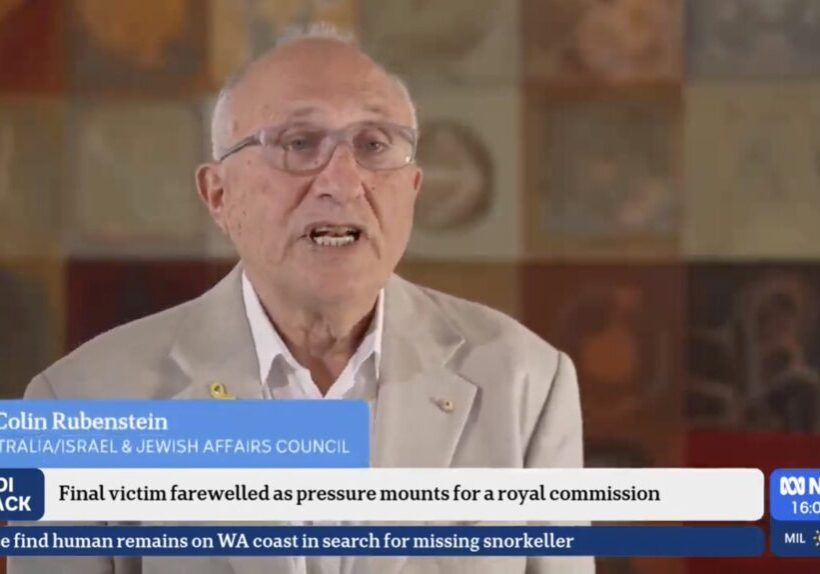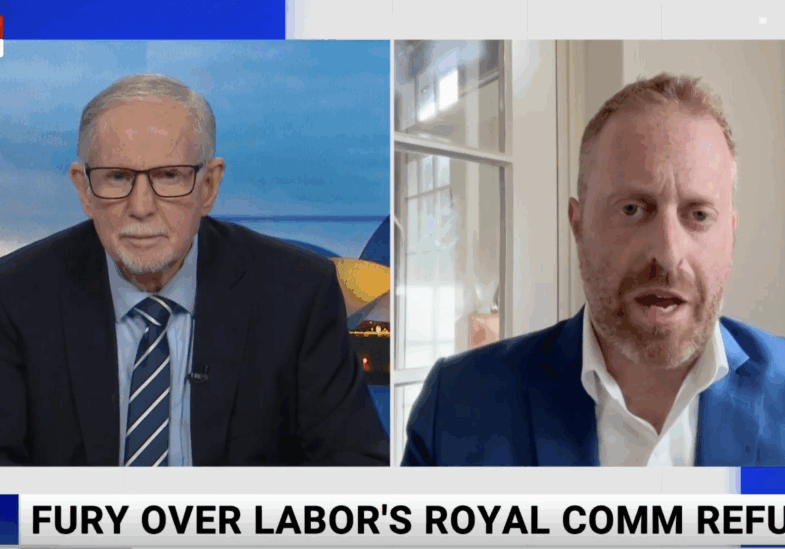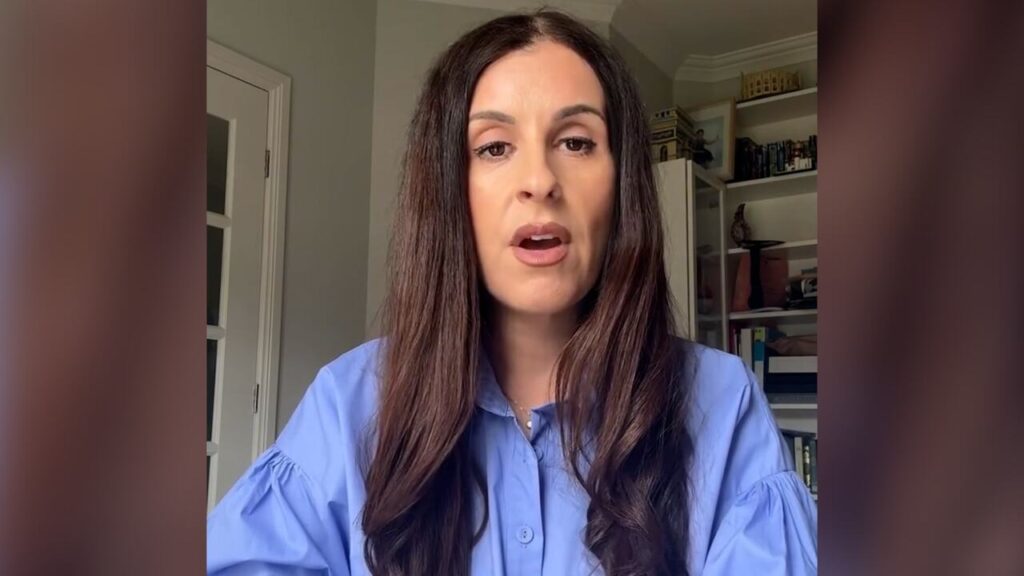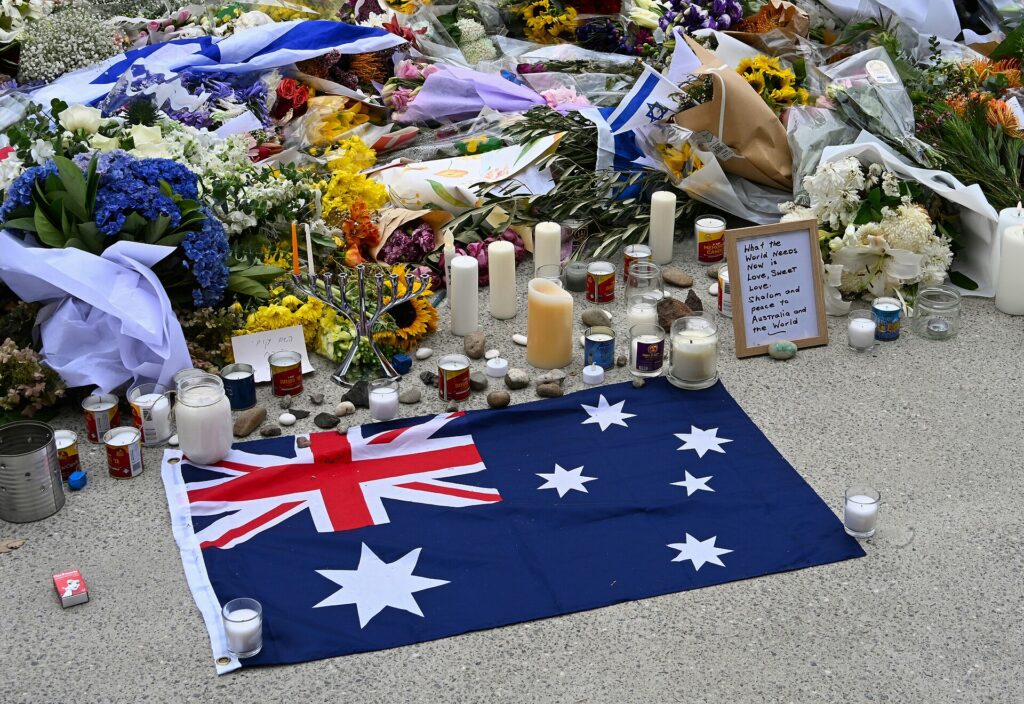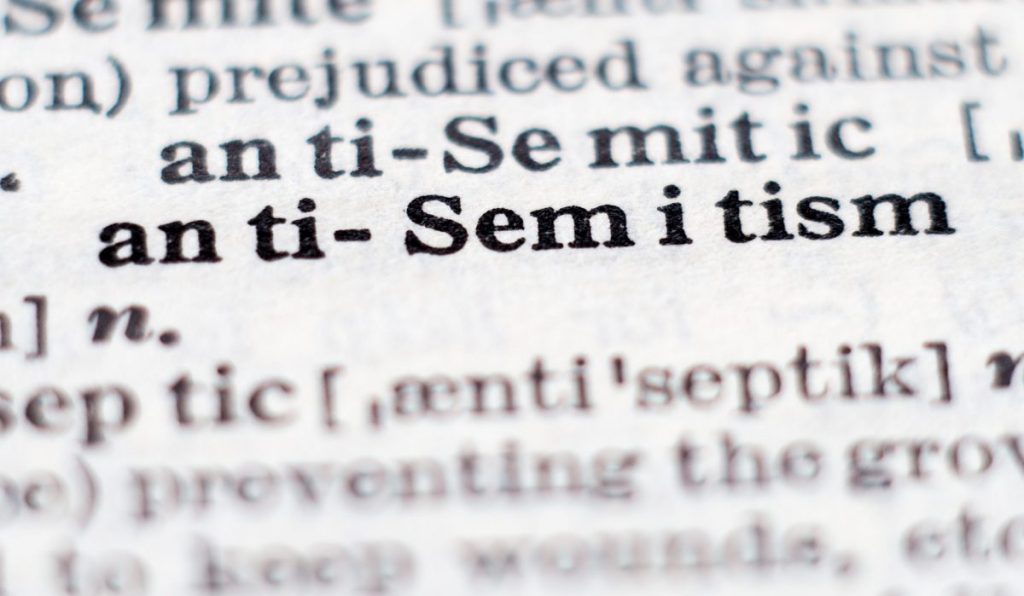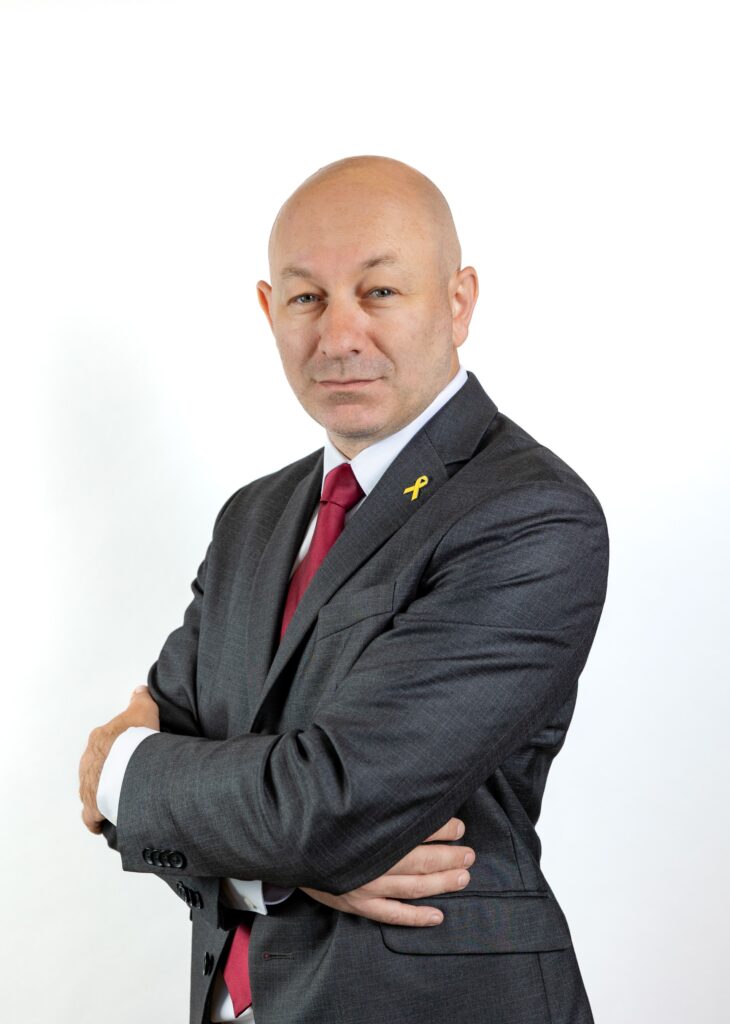FRESH AIR
Of Cartoons and Comments: Another innocuous opinion piece brings out the antisemitic trolls
June 26, 2019 | Sarah Jacobs
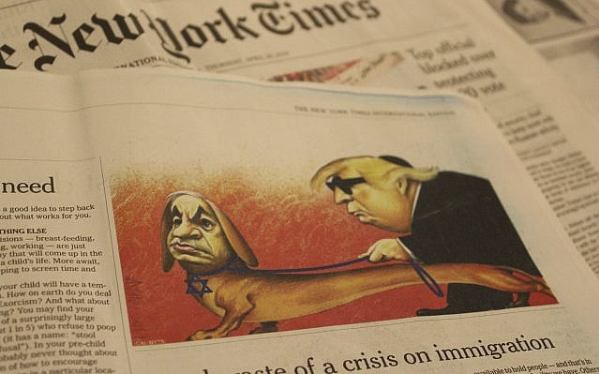
On Thursday, June 20, the Sydney Morning Herald ran an opinion piece about editorial cartoons by Monica Wilkie. What was most notable was not the article itself, but rather the hateful, conspiratorial and antisemitic comments that it attracted.
Wilkie, a policy analyst at the Centre for Independent Studies, joined the conversation about the recent publication of an antisemitic cartoon in the international edition of the New York Times (NYT), and the paper’s subsequent decision to cease publishing syndicated cartoons. Wilkie’s commentary was relatively innocuous, defending the value of the “deliberately provocative” cartooning craft overall while posing some relevant questions about the red-lines between acceptable and unacceptable portrayals of stereotypes based on race, sex, and religion.
Yet many of the comments left underneath appeared uninterested in Wilkie’s argument, preferring instead to dive into the murky waters of antisemitic tropes such as the power of the Israel/Jewish lobby over foreign governments and the labelling of Israel as an apartheid state.
These commenters wanted only to defend and support the original antisemitic cartoon and/or blame Jews for supposedly exaggerating or fabricating complaints about antisemitism.
As noted, Wilkie’s piece focused primarily on the implications of the NYT’s apology for the cartoon and its consequent decision to discontinue syndicated cartoons in their international circulation. Publisher A.G. Sulzberger released a letter sent to Times employees detailing the changes that needed to be made for them to improve their oversight.
These statements followed widespread outrage against the offensive nature of portraying Israeli Prime Minister Benjamin Netanyahu as a dog with a blue Star of David on his collar, leading a blind US President Donald Trump wearing a yarmulke. The imagery of Jews as dogs that control foreign governments echoes the propagandistic antisemitism of the Nazi era and Soviet anti-Zionist campaigns.
In its apology, The New York Times acknowledged that “such imagery is always dangerous, and at a time when antisemitism is on the rise worldwide, it’s all the more unacceptable.” But many groups questioned how such a clearly anti-Semitic cartoon could have made it through rounds of editorial approval.
The American Jewish Committee tweeted in response, “Naked antisemitism such as in this image is not ‘an error of judgment.’ We have to wonder if the @nytimes editors would’ve published a similar cartoon depicting any other country or people.”
Amongst the outrage, US Ambassador to Germany Richard Grenell called the cartoon “despicable” and pleaded with his audience to “condemn anti-semitism (sic) everywhere.”
NYT Opinion Columnist Bret Stephens wrote a scathing review of the cartoon, describing in detail the reasons it was antisemitic and condemning the political message behind it. Stephens wrote, “The cartoon checked so many anti-Semitic boxes that the only thing missing was a dollar sign.”
Wilkie focussed on arguing against the decision of the NYT to stop publishing political cartoons by non-staff writers, citing the important history of satirical cartoons – while also welcoming criticism and consideration of cartoons “in their appropriate historical context.”
The only mention of Israel or Jews was in the opening paragraph citing the reason behind the NYT decision. Yet, the comments section, closed after one day, was filled with remarks about Israel and Jews, many of them openly antisemitic.
The seems to represent a larger pattern. In many media outlets, it does not seem to matter in what context or how indirectly Israel or Jewish issues are discussed, nor what the points made in the discussion actually are; the mere whisper of these topic results in antisemites eagerly making their way out of the woodwork.
The following screenshots show examples of some of the comments, identifying some key themes.
First, there were claims alleging that powerful Jewish and Israeli lobbies label everything as antisemitic:


Second, people claimed the withdrawal of this blatantly antisemitic cartoon was “political correctness” that muzzled free speech:


Finally, some commenters blamed Jews for daring to “get upset” and call out the antisemitism of the original cartoon and insisted doing so was “intimidation.” And of course, alleging this is done to protect the “apartheid” state of Israel:


Furthermore, the Sydney Morning Herald has guidelines in place and is supposed to be moderating the comments on its website. Apparently, the moderators believe these comments are acceptable.
Just yesterday, the Sydney Morning Herald reported on a NSW Supreme Court decision that ruled media companies are to be held responsible for the comments made by third parties on their social media pages as well as on their articles directly. This new legality proves even more that media outlets must take responsibility for the horrific antisemitism posted underneath their content, regardless of the nature of that content.
In any case, instead of engaging in productive conversation about the future of political cartoons, the comments on the piece once again exposed the antisemitic underbelly lurking on the internet. All too frequently, innocuous journalistic works and commentary serve as a platform for that hate to emerge.
Tags: Antisemitism, Media
RELATED ARTICLES

Anti-Israel protesters’ deafening silence on Iranian repression: Arsen Ostrovsky on Sky News
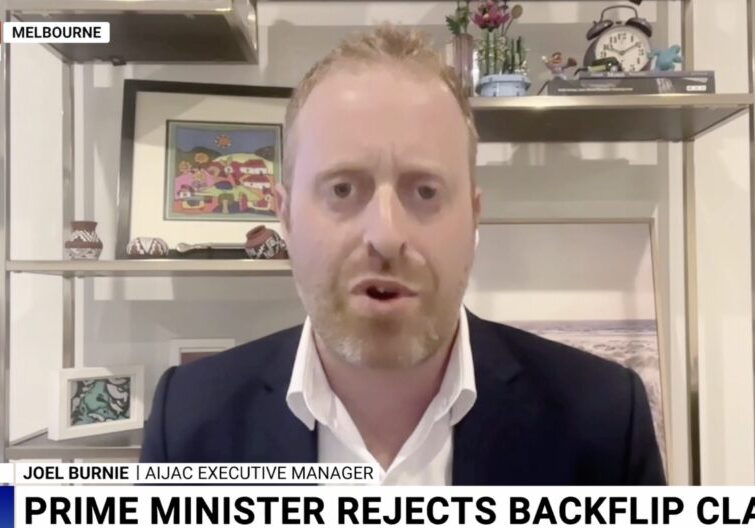
Australian Jewish organisations will offer strong support to Royal Commission: Joel Burnie on Sky News
